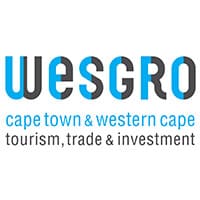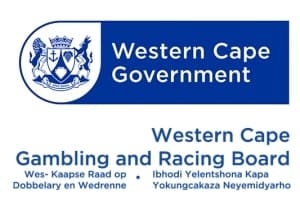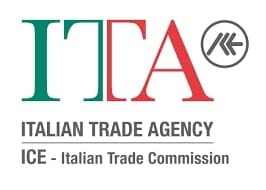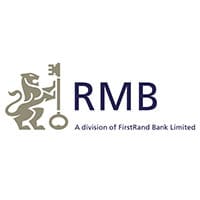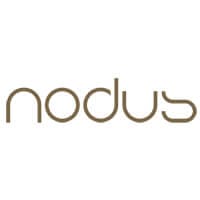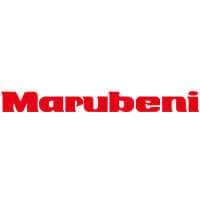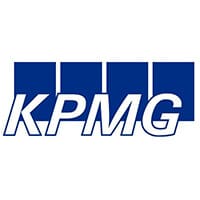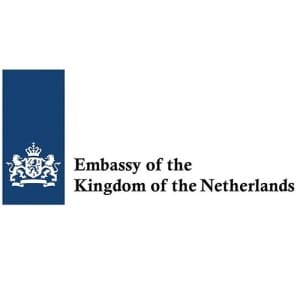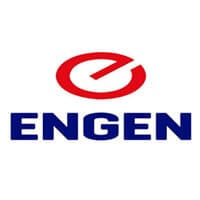
Who We Are
Who Owns Whom
Who Owns Whom (WOW) was established in 1980 as an independent organisation producing high quality, original research on African industry and business.
Our Solutions
WOW solutions inform key business functions
Market Intelligence and Strategy
Gain valuable insight into target industries, new opportunities and understand potential vertical and horizontal expansion opportunities.
Know Your Customer/Supplier
Corroborate information supplied by customers, prospective customers and suppliers.
Compliance and Risk
Independent third-party corroboration of ownership and statutory information
M&A, FDI and Private Equity
Identify, understand and monitor investment changes and opportunities across the African continent.
Learning Solutions
Use industry reports as a basis for an analysis of key success factors, pain points and competitive landscape of African industries.
Trusted by leading brands
Media
Most recent articles
BlogCountries ManufacturingSouth Africa
South Africa’s Plastic Manufacturing Industry: Innovation, sustainability and investment opportunities
Contents [hide] Plastic is a versatile, cost-effective, and useful product with a wide array of applications in almost every industry, from food to transportation, packaging, and manufacturing. Technological innovations and...
BlogCountries MozambiqueSouth Africa
Petroleum in Mozambique: powering growth and energy security
Contents [hide] Clean energy and environmental concerns are taking the spotlight globally, with the move to electric vehicles taking centre stage. It is reportedly near the end for petroleum as...
BlogCountries South AfricaTransportation and storage
South Africa’s Rail at a Crossroads: Fixing Transnet to Drive Industrial Growth
Contents [hide] In the late 18th century, the steam engine, used in locomotives, was a foundational driver of the Industrial Revolution, stimulating the mass production of goods and facilitating the...
BlogCountries Electricity gas steam and air conditioning supplySouth Africa
The possibility of a power shift from Eskom and renewables producers in South Africa
Contents [hide] One cannot discuss the South Africa power crisis and electricity generation without focusing on Eskom, a longtime monopoly operator that remains the dominant supplier. The organisation is a...
BlogCountries Agriculture forestry and fishingSouth Africa
Preserving and Processing of Fruit and Vegetables in South Africa
Contents [hide] Agricultural production is an inherently seasonal activity globally and in South Africa. This poses a challenge for the agro-processing and manufacturing industries, which often struggle to maintain consistent...
BlogCountries ManufacturingSouth Africa
Is the Tyre Industry in South Africa running flat?
Contents [hide] Introduction The South African Tyre Manufacture Conference (SATMC), the official industry body and trade association of local tyre manufacturers, reports that the installed production capacity of tyres has...
Mining and quarryingSouth Africa
South Africa’s mining decline and its impact on economic growth
Read MoreConstructionSouth Africa
The boom and bottleneck in South Africa’s building installation industry
Read MoreBotswanaFinancial and insurance activities
A snapshot of Botswana’s financial services industry
Read More






